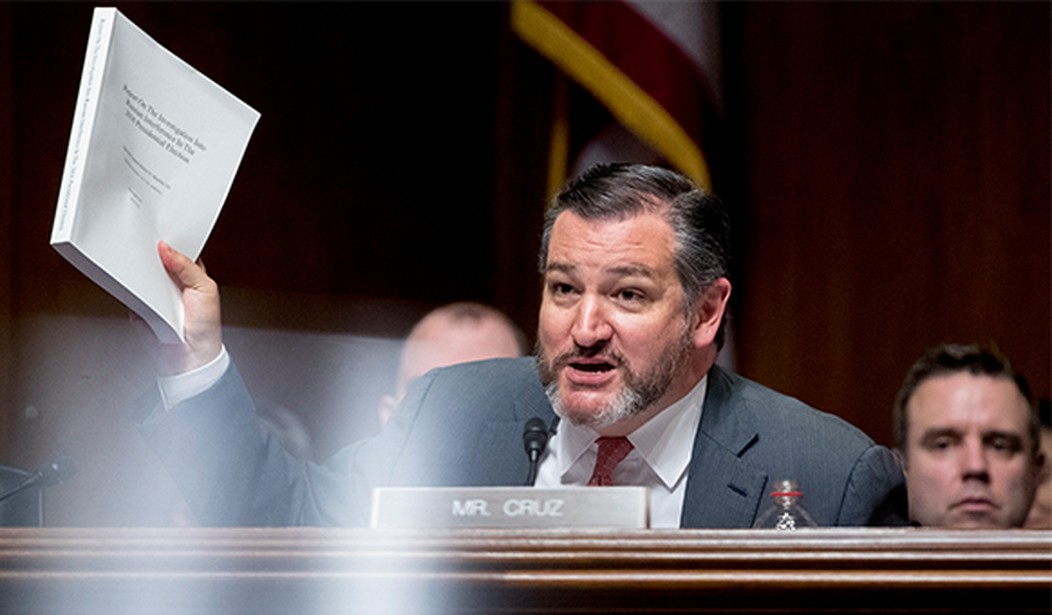Obamacare was trumpeted as a revolutionary bill when it passed into law in 2010. If a law’s impact depends on its number of pages, then the 955-page Affordable Care Act would have become one of the most impactful laws in U.S. history. But that has not been the case. That’s why Senator Ted Cruz’s innovative Personalized Care Act, weighing in at a paltry four pages but possessing powerful remedies, is desperately needed. The Personalized Care Act could transform health care by liberating Americans from employer-based health insurance, helping employers, providing new coverage options, and improving care quality.
This clever bill promises to revolutionize the U.S. employer-based health care system for the first time since its inception in 1942. Today, more than half of people under age 65 obtain insurance through their employer. That’s because employers purchase health plans with pre-tax dollars, while individuals buy their policies with post-tax dollars—substantially increasing the cost.
The Personalized Care Act, S. 3112, takes away this employer advantage by letting patients themselves buy medical coverage with pre-tax Health Savings Accounts (HSAs).
The ramifications of this tax parity between employer and employee plans would be profound. Under S. 3112, for the first time patients could use the pre-tax dollars in their HSAs to cover premiums. This move would free Americans from the job-lock of undesirable jobs they are keeping solely for cheaper, employer-based health insurance.
Individuals would own their health plans themselves, allowing for portability of coverage between jobs. Also, with self-ownership of a plan, Americans could buy a policy at a young age and keep it for life—similar to a life insurance policy. If the plan is purchased when someone is young and then perpetually owned, then self-ownership of a policy could even resolve the pre-existing conditions issues many fear as they ride the carousel of different policies from year to year and job to job.
Recommended
The Personalized Care Act would also benefit employers, removing the need for them to provide insurance for their employees to obtain tax-preferred coverage. By doing so, employers could reduce the substantial cost of large human resources departments—which are mostly devoted to insurance benefit management. Employers could instead devote those resources to pay raises or to growing their principal businesses, generating an economic stimulus.
Under S. 3112, HSAs could purchase non-traditional health coverage such as Short Term Limited Duration (STLD) and Health Sharing coverage products. This flexibility would incentivize providers of new coverage products to emerge or expand. These alternative coverage products significantly reduce purchase costs. Decoupling HSAs from High Deductible Health Plans (HDHP), S. 3112 would break the government-sanctioned monopoly that traditional insurance has on HSAs.
The Personalized Care Act also furthers competition between medical service providers, as it clarifies HSA use for direct medical contracting, such as Direct Primary Care (DPC). These free-market practices perfectly complement HSAs, driving down prices and ramping up quality.
All these advancements would be enabled by an increase in the allowable contribution to an HSA.
S. 3112 provides freedom from employer-based health insurance, new options for coverage, lower costs, and higher quality. Not bad for a four-page bill. These improvements are more significant than anything Obamacare’s 955 pages could accomplish. It’s time to pass S. 3112.
























Join the conversation as a VIP Member